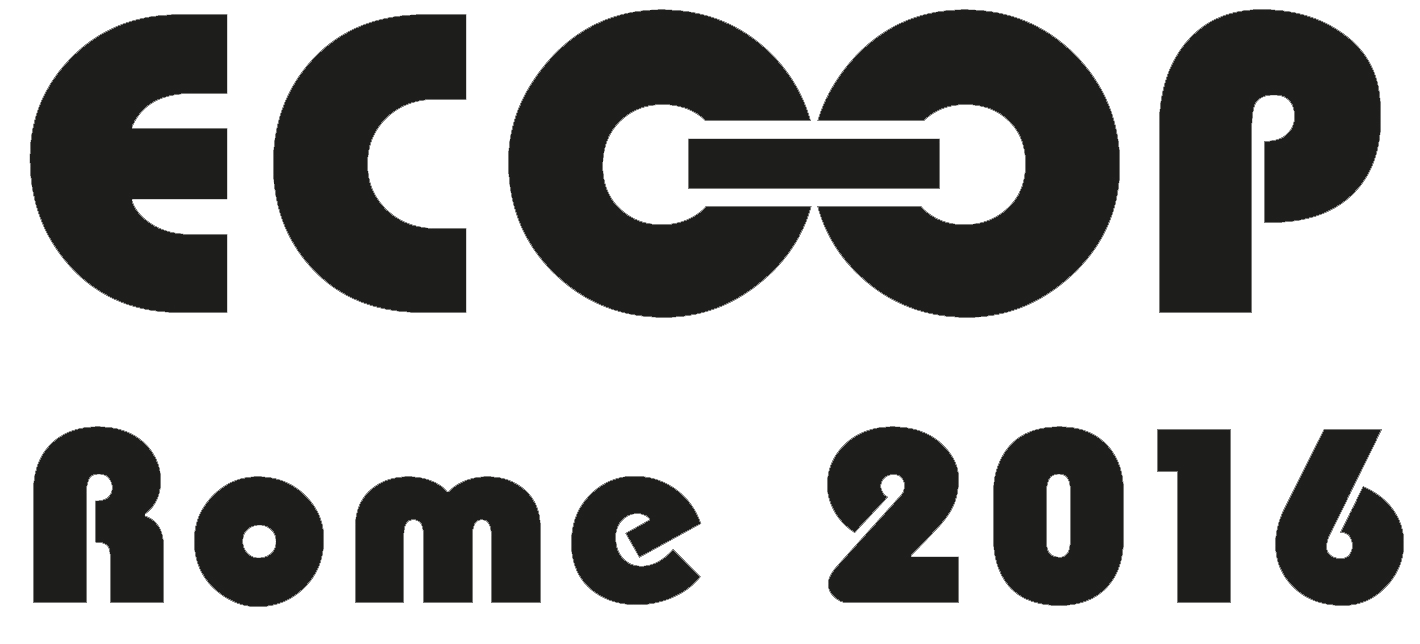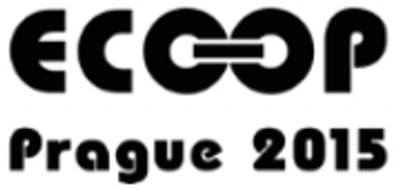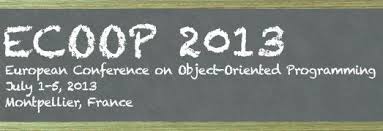Formal Techniques for Judicious Programming (FTfJP)
Goals
Formal techniques can help analyse programs, precisely describe program behaviour, and verify program properties. Modern programming languages (such as C#, Java, Kotlin, Rust, or Scala) are interesting targets for formal techniques due to their ubiquity and wide user base, stable and well-defined interfaces and platforms, and powerful (but also complex) libraries. New languages and applications in this space are continually arising, resulting in new programming languages research challenges.
Work on formal techniques and tools and on the formal underpinnings of programming languages themselves naturally complement each other.
The Formal Techniques for Judicious Programming (FTfJP) workshop is an established workshop which has run annually since 1999 alongside ECOOP, with the goal of bringing together people working in both fields.
In 2024 the name of the workshop was changed from "Formal Techniques for Java-like Programs" to "Formal Techniques for Judicious Programming" to properly reflect the broader scope of the workshop.
In 2002 the name of the workshop was changed slightly - from "Formal Techniques for Java Programs" to "Formal Techniques for Java-like Programs" - to include not just work on Java, but also work on related languages such as C# or Scala.
Steering Committee
The steering committee of FTfJP consists of:
Previous members:
Workshops
Find links to the workshops, to the workshop proceedings, and to special journal issues with expanded and revised versions of the best workshop papers below.
-
FTfJP 2024, Vienna, Austria.
Proceedings of FTfJP 2024 in ACM digital library -
FTfJP 2023, Seattle, USA.
Proceedings of FTfJP 2023 in ACM digital library -
FTfJP 2022, Berlin, Germany.
Proceedings of FTfJP 2022 in ACM digital library -
FTfJP 2021, Virtual.
Proceedings of FTfJP 2021 in ACM digital library -
FTfJP 2020, Virtual.
Proceedings of FTfJP 2020 in ACM digital library -
FTfJP 2019, London, UK.
Proceedings of FTfJP 2019 in ACM digital library -
FTfJP 2018, Amsterdam, Netherlands.
Proceedings of FTfJP 2018 in ACM digital library -
FTfJP 2017, Barcelona, Spain.
Proceedings of FTfJP 2017 in ACM digital library -
FTfJP 2016, Rome, Italy.
Proceedings of FTfJP 2016 in ACM digital library
-
FTfJP 2015, Prague, Czech Republic.
Proceedings of FTfJP 2015 in ACM digital library
-
FTfJP 2014, Uppsala, Sweden.
Proceedings of FTfJP 2014 in ACM digital library -
FTfJP 2013, Montpellier, France.
Proceedings of FTfJP 2013 in ACM digital library
-
FTfJP 2012, Beijing, China.
Proceedings of FTfJP 2012 in ACM digital library
-
FTfJP 2011, Lancaster, UK.
Proceedings of FTfJP 2011 in ACM digital library -
FTfJP 2010, Maribor, Slovenia.
Proceedings of FTfJP 2010 in ACM digital library -
FTfJP 2009, Genova, Italy.
Proceedings of FTfJP 2009 in ACM digital library
-
FTfJP 2008, Paphos, Cyprus.
Follow-up special issue (joint with IWACO’08): Journal of Object Technology, Vol. 8, No. 4, 2009
-
FTfJP 2007, Berlin, Germany.
Follow-up special issue: Journal of Object Technology, Vol. 7, No. 5, 2007
-
FTfJP 2006, Glasgow, Scotland.
Follow-up special issue: Journal of Object Technology, Vol. 6, No. 5, 2007.
Pictures from the workshop -
FTfJP 2005, Edinburgh, Scotland.
Follow-up special issue: Journal of Object Technology, Vol. 5, No. 5, 2006
-
FTfJP 2004, Oslo, Norway.
Follow-up special issue: Journal of Object Technology, Vol. 4, No. 8, 2005
-
FTfJP 2003, Darmstadt, Germany.
Follow-up special issue: Journal of Object Technology, Vol. 3, No. 6, 2004
-
FTfJP 2002, Málaga, Spain.
Follow-up special issue: Concurrency and Computation: Practice and Experience, Vol. 16, No. 7, 2004
-
FTfJP 2001 (papers separately), Budapest, Hungary.
Follow-up special issue: Concurrency and Computation: Practice and Experience, Vol. 15, No. 2, 2003
-
FTfJP 2000, Sophia Antipolis and Cannes, France.
Follow-up special issue: Concurrency and Computation: Practice and Experience, Vol. 13, No. 13, 2001
-
FTfJP’99, Lisbon, Portugal.
-
Formal Underpinnings of Java, Vancouver, Canada.
Contact & Feedback
Feedback for this website is welcome! Feel free to open issues or send pull requests on the GitHub page.
For questions about a particular year, please contact the corresponding Program Chair.
For anything else, please contact Werner Dietl.














